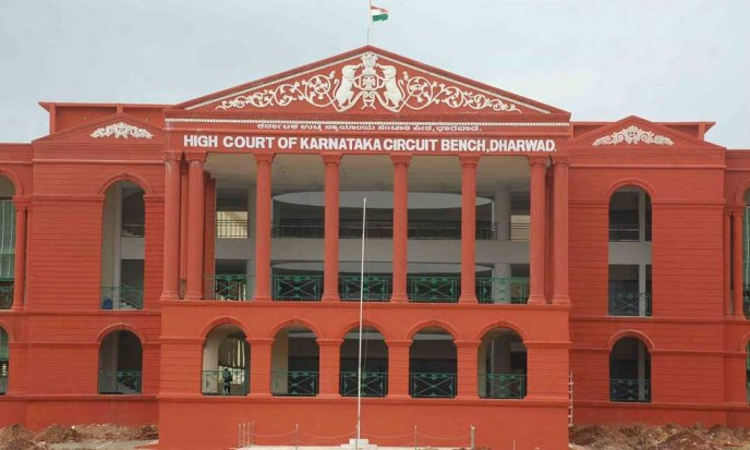S.125 CrPC | Courts Should Not Raise Objections Regarding Residential Proof Of Child/ Wife, Must Accept Duly Sworn Affidavits: Karnataka High Court
Mustafa Plumber
19 July 2022 2:28 PM IST

Jurisdictional aspect may be an exception to Section 125 CrPC.
Next Story


